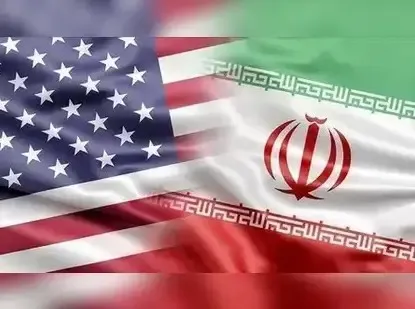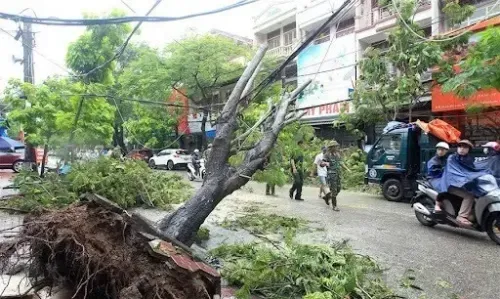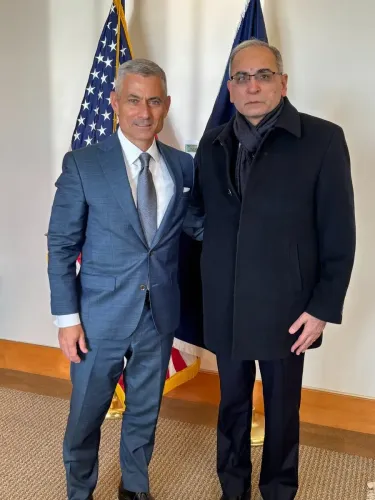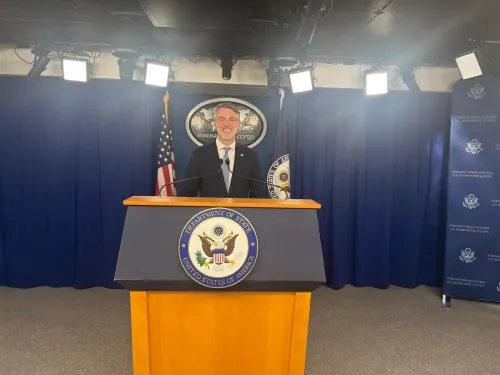Do Recent US Sanctions Represent an Attempt at Economic Terrorism Against Iran?

Synopsis
Key Takeaways
- Iran condemns US sanctions as economic terrorism.
- Sanctions target individuals and entities involved in oil trade.
- US cites accountability for destabilizing activities.
- Diplomatic tensions remain high ahead of talks.
- US President Trump's approach mirrors previous term.
Tehran, May 2 (NationPress) The spokesperson for the Iranian Foreign Ministry, Esmaeil Baghaei, has vehemently criticized the recent sanctions imposed by the United States on various individuals and entities associated with Iran and other nations, labeling them as a blatant example of the US's economic terrorism agenda.
Baghaei stated that the sanctions enacted over the past few days clearly illustrate the determination of US policymakers to violate international law and undermine the rights and interests of other nations. He emphasized that these actions aim to disrupt legal and friendly relations among developing countries through economic coercion.
According to Baghaei, these sanctions serve as further evidence of the contradictory stance and lack of sincerity from US decision-makers in pursuing diplomatic channels.
His comments came in response to sanctions announced by the US Treasury Department and State Department targeting six individuals and 13 entities linked to Iran for their alleged roles in the trade of Iranian oil and petrochemicals and the procurement of ballistic missile propellant ingredients on behalf of Iran's Islamic Revolution Guards Corps, as reported by Xinhua news agency.
On Wednesday, the US government stated it was also imposing sanctions on five companies operating outside Iran that were involved in selling Iranian oil.
US Secretary of State Marco Rubio remarked: "As long as Iran continues to generate revenues from oil and petrochemicals to finance its destabilizing actions and support terrorism, the United States will hold Iran and its partners accountable for evading sanctions."
This development occurs just ahead of a scheduled fourth round of talks between Iran and the US in Rome, where Iran is seeking relief from sanctions in exchange for limiting its nuclear program.
Since taking office in January, US President Donald Trump has reinitiated a campaign of 'maximum pressure' against Iran, reminiscent of his first term, while simultaneously calling for dialogue.
In March, Trump reached out to Iran's Supreme Leader Ayatollah Ali Khamenei with a letter urging negotiations and warning of potential military action should Iran decline.
During his previous term, Trump withdrew the US from the 2015 nuclear agreement and reinstated severe sanctions, leading Iran to reduce its compliance with the deal.
It is noteworthy that the fourth round of Omani-mediated indirect talks between Iran and the US, originally set for Saturday in Rome, has now been postponed.









